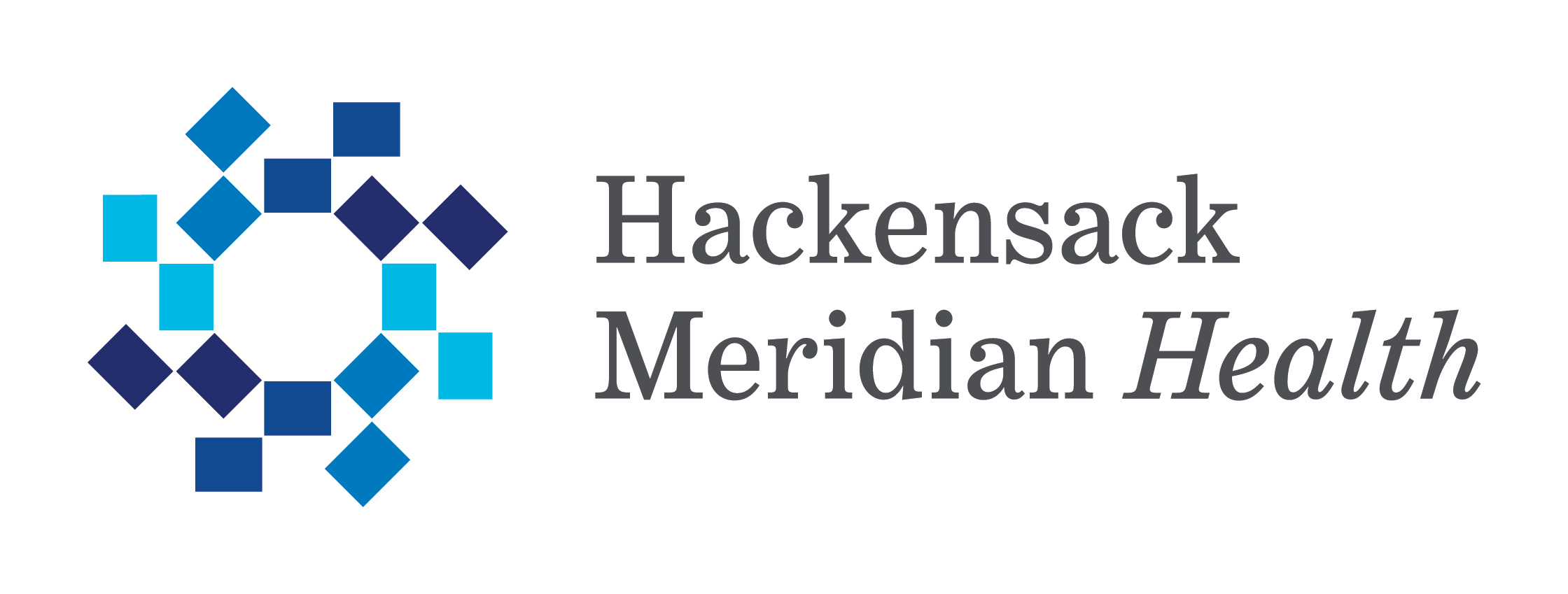Newswise — The Hackensack Meridian Neuroscience Institute at Jersey Shore University Medical Center recently added the new Siemens Healthineers ARTIS icono biplane system to its interventional imaging services thanks to an extraordinarily generous gift from Mrs. Mary Ellen Harris and the Golden Dome Foundation. The new ARTIS icono permits a wide range of minimally invasive procedures to be performed in a single interventional suite to reach precision medicine.
“The ARTIS icono biplane system is optimal in the treatment of stroke, arteriovenous malformations, aneurysms and in other neurointerventions,” said Shabbar Danish, M.D., chair of neurosurgery, Hackensack Meridian Neuroscience Institute at Jersey Shore University Medical Center (JSUMC). “The advanced technology reduces radiation usage, improving patient safety, while maintaining excellent contrast and sharp images even in challenging situations. Its high positioning flexibility provides excellent patient access and coverage and it can be rapidly adapted for different users and procedures, significantly speeding up procedural outcomes. It’s an ideal system for emergency situations.”
At its core, the ARTIS icono delivers the new OPTIQ image chain, which fundamentally redesigns image processing for 2D imaging. OPTIQ increases image quality across a wide range of C-arm angles and patient weights, regulating acquisition parameters to automatically achieve optimal image contrast at patient radiation doses that conform to the As Low As Reasonably Achievable (ALARA) guiding principle for radiation safety. The platform also improves the Siemens Healthineers roadmap function, which creates subtracted angiography images for easier navigation of the patient’s vascular system during subsequent fluoroscopy, allowing dose reduction during the fluoro mode.
The ARTIS icono biplane system is engineered for superior utilization in neurointerventions and interventional radiology, with significantly enhanced 2D and 3D imaging as well as improved visualization of difficult-to-delineate structures.
Recent studies have expanded the window for endovascular stroke therapy from 6 to 24 hours, offering the option of treating more ischemic stroke patients. Stroke treatment and other neuro procedures benefit from new features on the ARTIS icono biplane. A revolutionary form of cone beam CT, syngo DynaCT Sine Spin provides images with fewer cone beam CT artifacts in the basal part of the brain and close to the skull. Syngo DynaCT Multiphase produces time-resolved cone beam CT volumes, depicting 10 different time points within 60 seconds without moving the patient to a CT system.
“The new system provides our surgeons with clearer images of the entire brain and allows them to diagnose and treat patients with confidence,” Vito Buccellato, MPA, LNHA, president and chief hospital executive of the academic medical center. “But, high-quality outcomes for our patients are not possible without the nurses and surgeons using these advanced technologies with expertise and their commitment to providing the best care, as well as through transformative support from Mary Ellen Harris, whose gift made this life-changing technology possible.”
Additionally, syngo DynaCT High Speed can substantially shorten low-contrast 3D imaging from 20 seconds to eight to deliver CT-like images that are less susceptible to movement artifacts. The Twin Spin feature enables clinicians to seamlessly switch between 2D biplanar imaging and 3D imaging, accelerating workflow and simplifying 3D imaging for intraprocedural progress checks.
ARTIS icono also significantly enhances ease of use through Case Flows, which provide personalized workflow plans to optimize imaging parameters and system positions, in addition to displaying layouts for the entire procedure. Case Flows adapt to user needs, providing flexibility when executing certain sequences. Users can therefore standardize procedures across multiple ARTIS icono labs for improved outcomes and more consistent documentation.
“The image quality and resolution on the new ARTIS icono biplane system is simply amazing,” said Pinakin Jethwa, M.D., FAANS, director of Stroke and Cerebrovascular Neurosurgery at JSUMC. “With the high resolution and ease of use, I have been able to treat patients I would not have been able to in the past. Our treatments are now safer, faster, and delivered with less radiation. Additionally, the DynaCT function has allowed us to perform diagnostic quality images during the procedures, so that we can be confident the patient’s problem is fully treated before we leave the Operating Room. The new technology has already improved patients’ lives and will have a tremendous impact on the care we deliver to our critical stroke and cerebrovascular patients for years to come.”
“We continue to supply our Neuroscience Institute at Jersey Shore, and all our clinical experts, with the latest and greatest technologies to assist them in providing the best care,” said Kenneth N. Sable, M.D., MBA, FACEP, regional president southern market, Hackensack Meridian Health. “And it shows in our quality accolades. In stroke care, Jersey Shore is a Joint Commission-designated Comprehensive Stroke Center and has been named one of America’s 100 Best Hospitals for Stroke Care by Healthgrades, the past three years.”
For more information about the Hackensack Meridian Neuroscience Institute at Jersey Shore University Medical Center’s service visit www.hackensackmeridianhealth.org/en/services/neurosciences.

